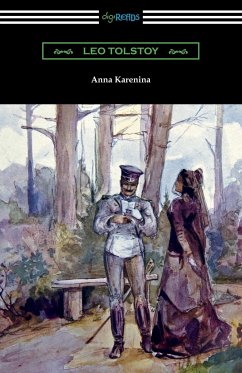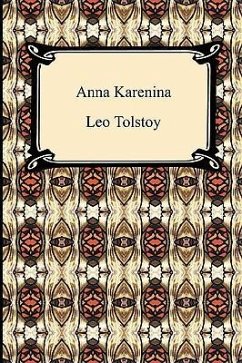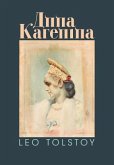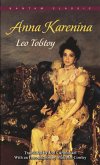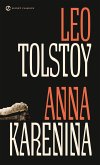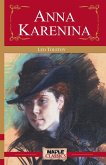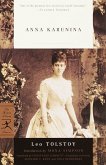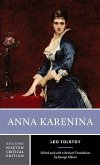One of the greatest novels ever written, "Anna Karenina" follows the self-destructive path of a beautiful, popular, and sensual Russian aristocrat. The lovely Anna seems set in a respectable marriage with the powerful statesman Karenin, yet their lack of passion breeds the discontent she fully faces upon meeting the elegant and affluent officer Count Vronsky. Soon convinced that allowing herself to deeply love this man will enable her to find the meaning and truth of her life, Anna defies the conventions of Russian society and leaves her husband and children for her lover. Tolstoy juxtaposes this ill-fated couple with the melancholy Levin and his new wife Kitty. Levin is also searching for the fulfillment and happiness in his life, and he ultimately finds a happiness that Anna's love does not. A portrait of marriage and infidelity in imperial Russia, "Anna Karenina" explores love, life, and the depths of the human soul in a tale as illuminating as it is tragic. This edition is printed on premium acid-free paper, follows the translation of Constance Garnett, and includes an introduction by Nathan Haskell Dole.

